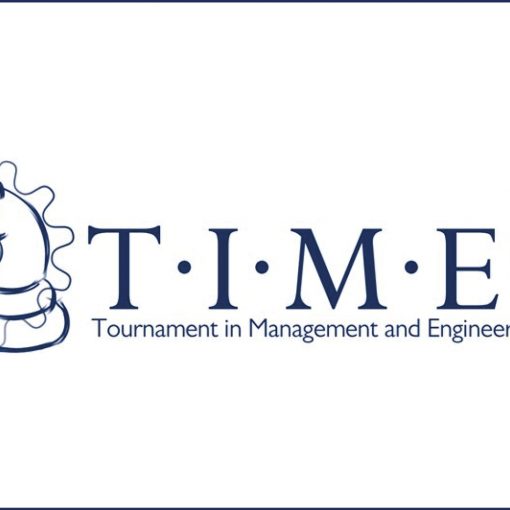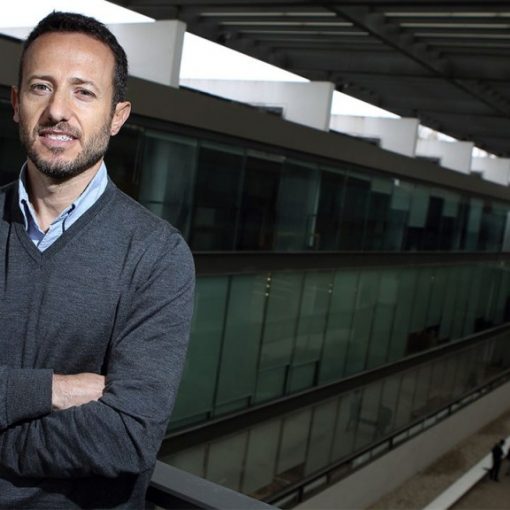Researcher Ivone Martins, from the Centre for Biological Engineering at the University of Minho, won the 5th edition of the Zendal awards, in the human health category, for her project HERCULES – Bacteriophages against Alzheimer’s disease, receiving 40,000 euros. There were 123 applications from 10 countries for the two categories in the competition. The jury announced the winners on 24 October.
Alzheimer’s disease is the most common cause of dementia, increasing as the world’s population ages. It is characterised by the presence of amyloid beta peptide (Aβ), with soluble Aβ oligomers being to blame for neuronal damage and memory loss.
Current screening methods usually detect the disease at a late stage. Making it possible to do so in the early stages is the aim of the HERCULES project, with a phage-based technology to detect soluble Aβ in brain tissue – the culprit of neuronal degeneration that begins to accumulate years before the first symptoms – and with which Aβ oligomers could be selectively targeted in the early stages of the disease.
Phages, used for more than a century to fight bacterial infections, are safe for human applications and are widely used as delivery vehicles for targeted therapy due to their ease of handling and versatility to be handled. This is why they are seen as one of the best options for application in this project.
+Info: https://www.ceb.uminho.pt/People/Details/e52eed9c-d52e-4521-b802-33ad1c8ac7d2 ,




